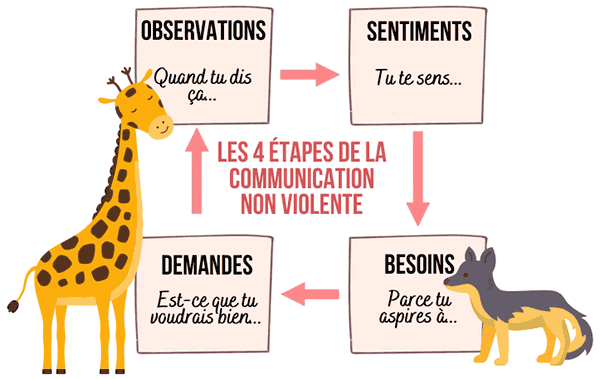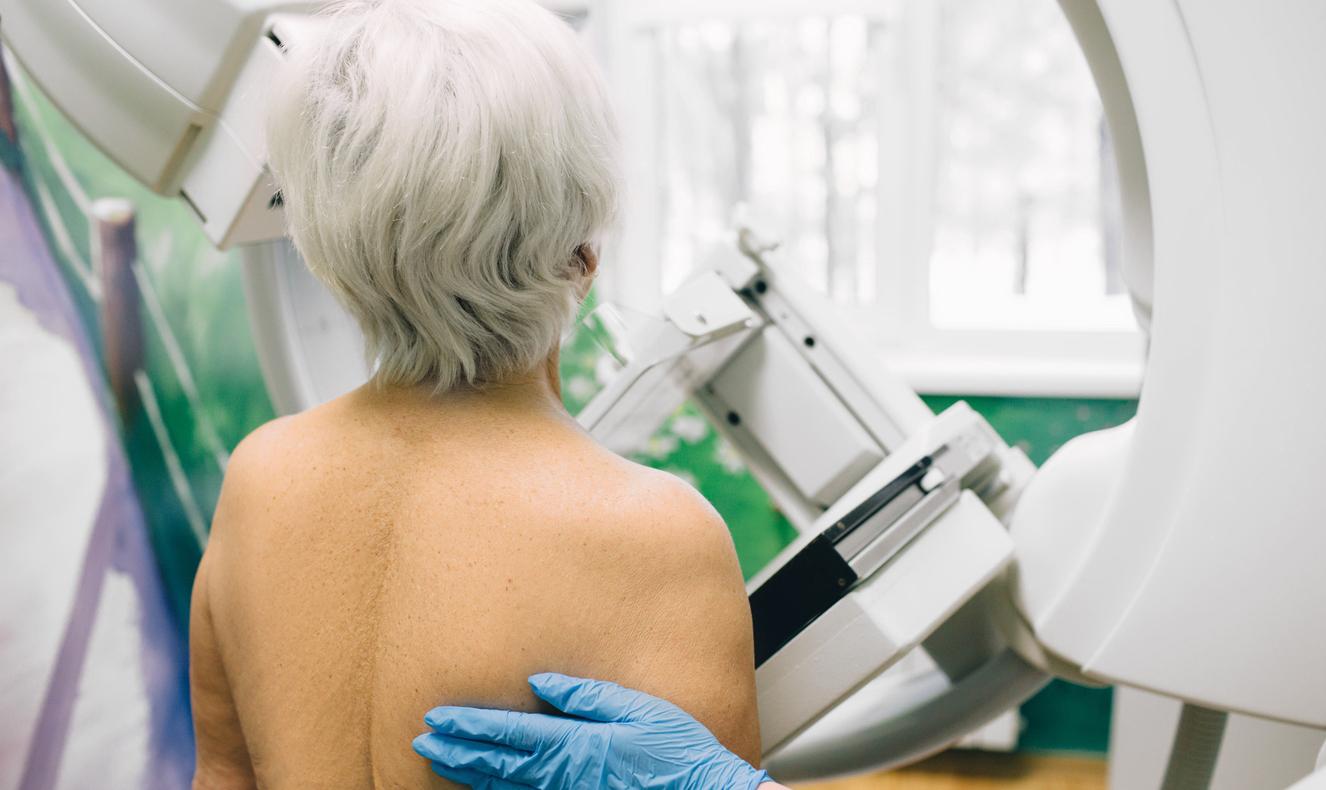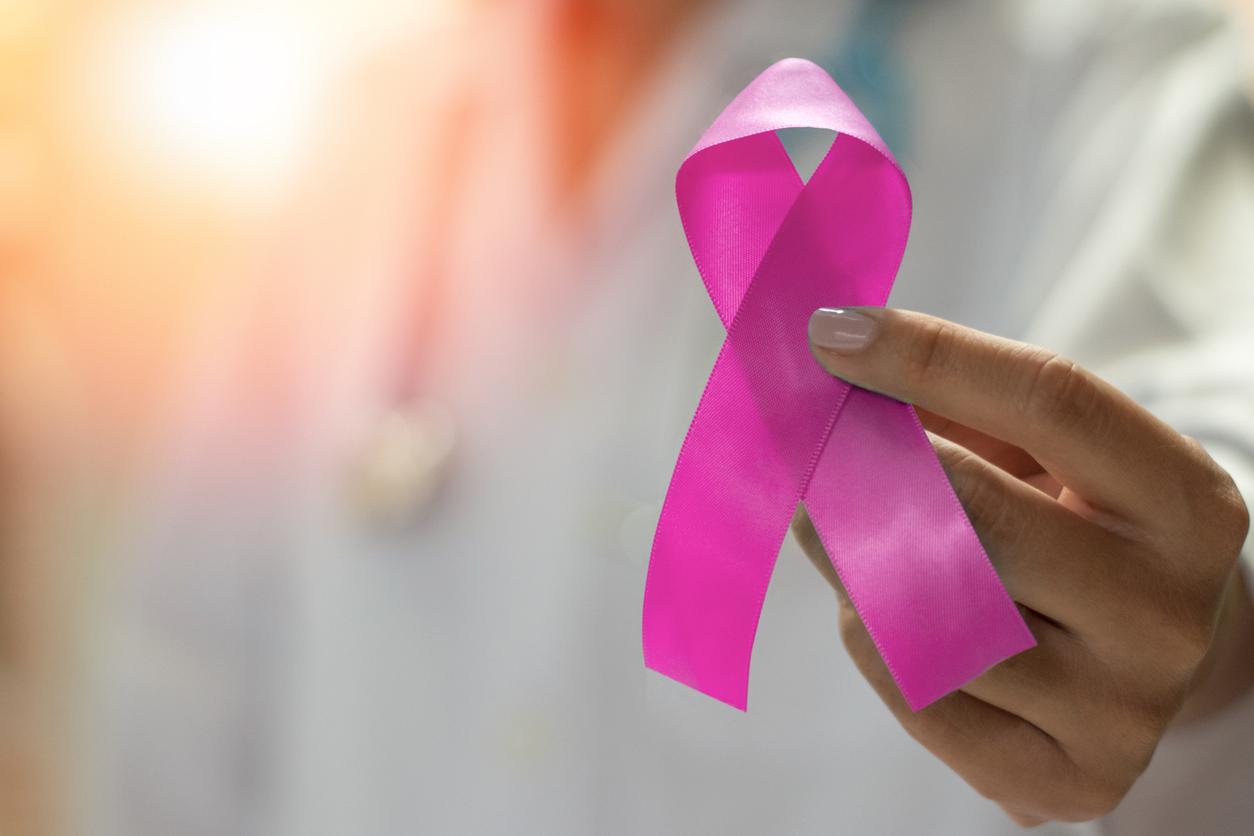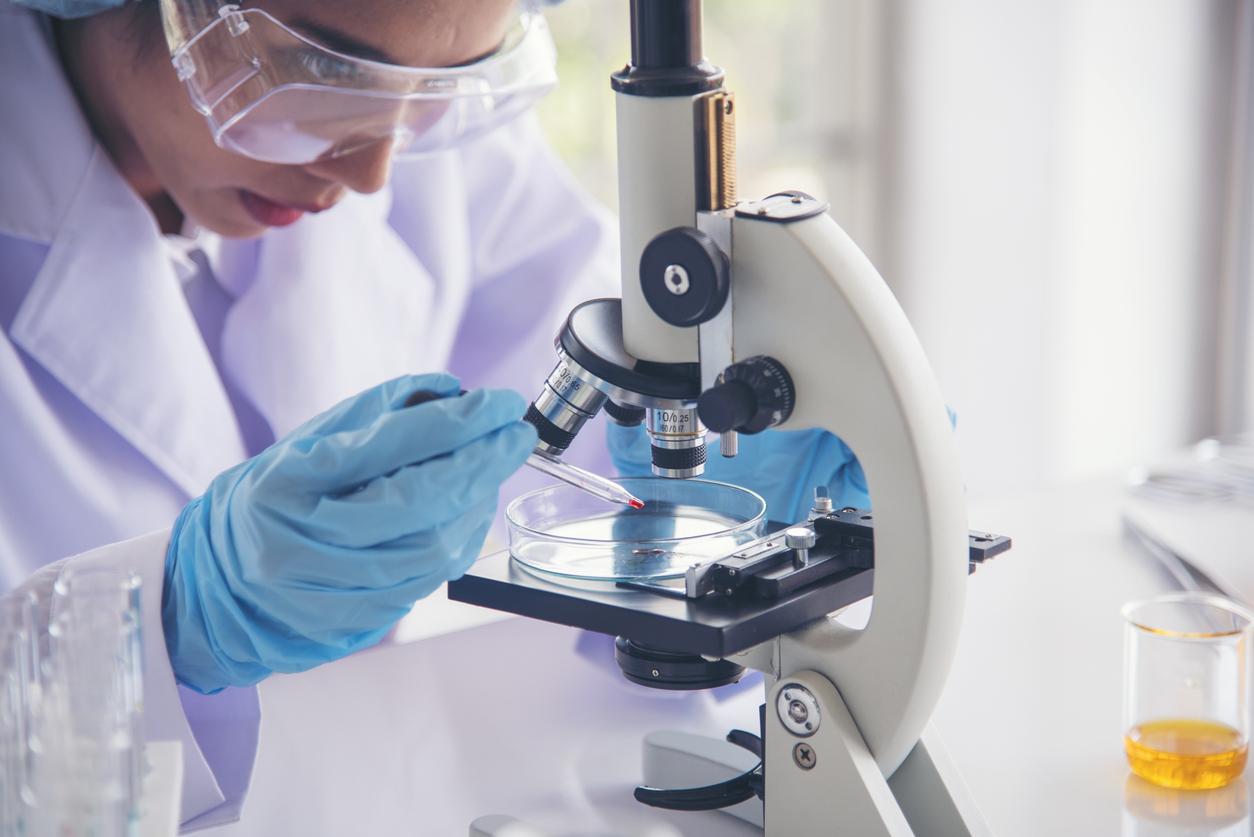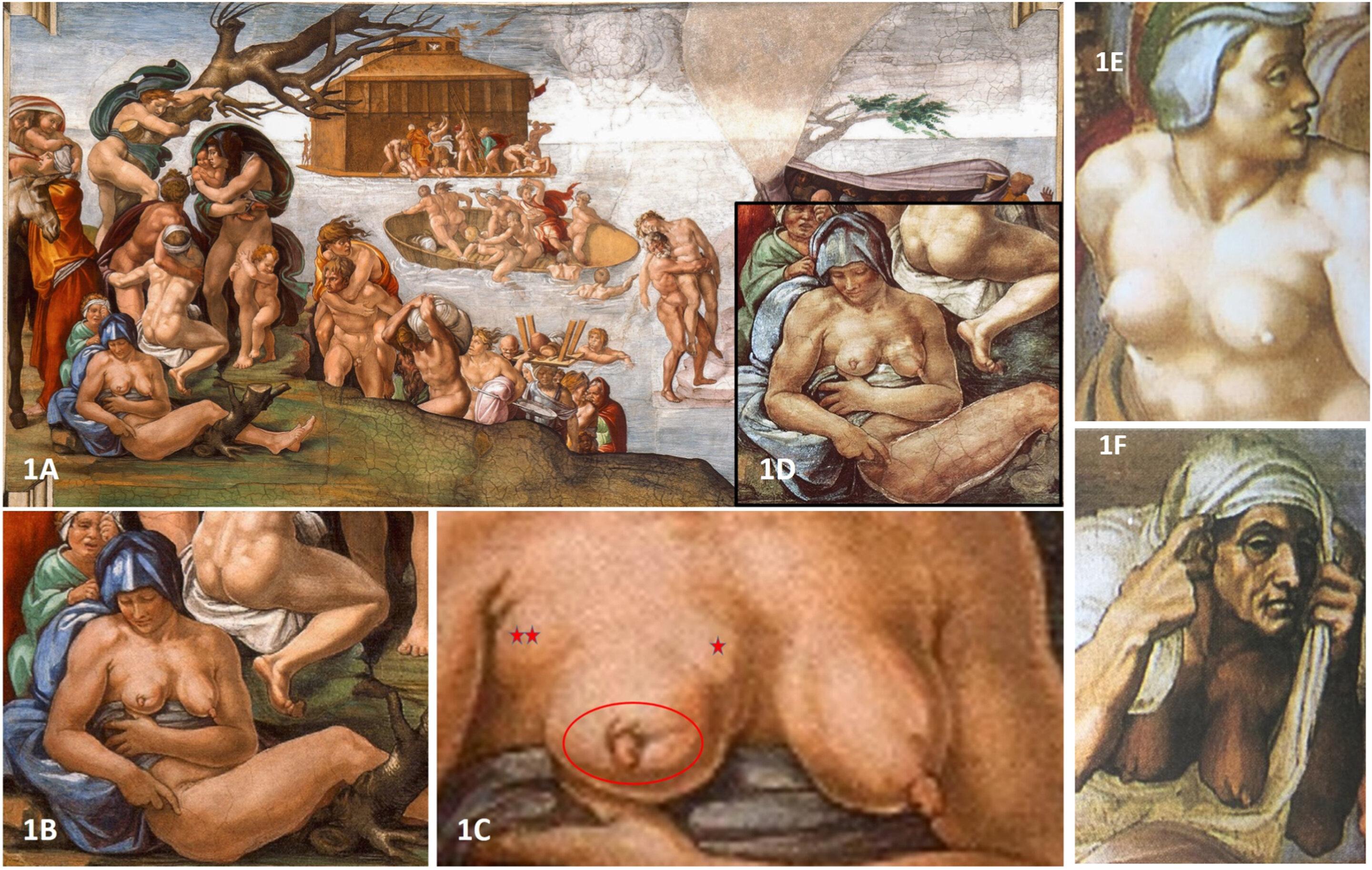Called BOS172722, this new type of drug blocks one of cancer’s main evolutionary escape pathways, paving the way for its use in chemotherapy to treat aggressive triple-negative breast cancers.
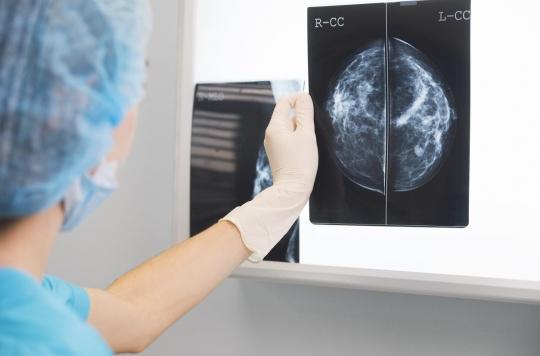
Both the most common and deadliest cancer in women, breast cancer is still diagnosed each year in nearly 60,000 new patients and causes nearly 12,000 deaths.
As Pink October begins, which aims to raise awareness of breast cancer screening and raise funds for research, a new study by researchers at the Institute of Cancer Research in London is encouraging. In the review Molecular Cancer Therapeuticsthey explain that they have discovered a new type of drug capable of making chemotherapy more effective in cases of resistant breast cancer.
Already successfully tested in the laboratory and on mice, this new drug called BOS172722 is now the subject of a first clinical trial on solid tumors, including aggressive triple negative breast cancers, that is to say without no known markers on the surface of cancer cells that would respond to targeted therapy.
The specificity of BOS172722 is that it blocks a molecule called MPS1, which plays a central role in controlling cell division. By forcing cancer cells to divide too quickly, this leads to fatal errors in the fragmentation of their DNA.
The researchers found that cancer cells with the MPS1 inhibitor underwent cell division in just 11 minutes, compared to 52 minutes without the drug. However, they also found that rapidly dividing cells from triple-negative breast cancers, but also from ovarian and lung cancers, were particularly sensitive to the effects of MPS1 blockade.
Towards a new therapeutic target
Currently, people with triple-negative breast cancer receive taxane chemotherapies, such as paclitaxel, as standard treatment. If paclitaxel also affects the distribution of chromosomes during cell division, but prevents the cell from dividing, which leads to its death of the cancerous cell, some of them have developed resistance and give rise to other tumors.
However, when paclitaxel treatment is combined with BOS172722, the cell division time is considerably reduced, from 110 minutes with paclitaxel alone to 15 minutes in combination with BOS172722. All cells treated with the combination showed macroscopic chromosomal abnormalities and died, while 40% remained alive with paclitaxel alone.
According to the researchers, this MPS1 inhibitor was also effective at lower doses when used in combination with paclitaxel in mice. It was otherwise well tolerated by mice at doses that almost completely eliminated tumors.
“We have discovered a whole new type of cancer treatment that uses the rapid growth of cancer against it, forcing cells to go through cell division so quickly that they accumulate fatal errors. The drug works particularly well in combination with the chemotherapy in the cells of triple-negative breast cancer – the deadliest form of breast cancer for which there are few effective treatments,” says Professor Spiros Linardopoulos, Professor of Cancer Biology and Therapeutics at the Institute of Cancer Research of London, which conducted the study. According to him, the drug BOS172722 “has the potential to become a much-needed additional treatment option that could prolong the lives of patients” with triple-negative breast cancer. “The phase I trial of this combination is underway and I am eagerly awaiting the results,” he concludes.

.



